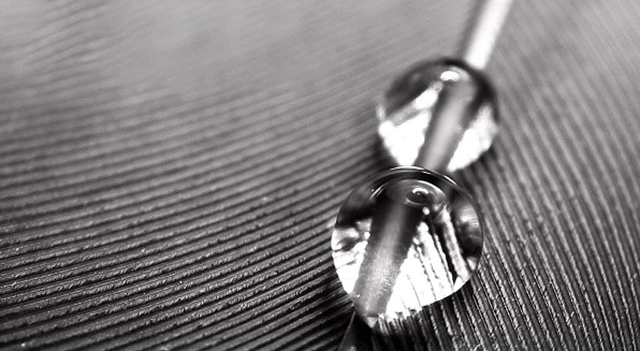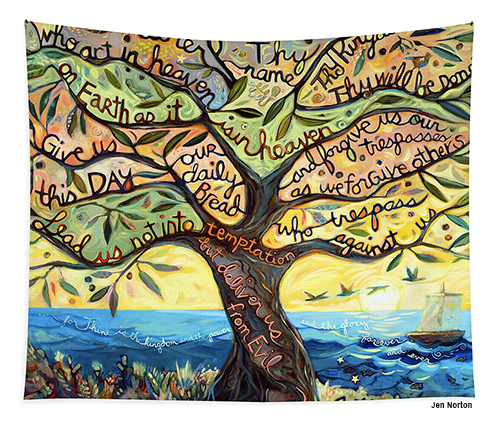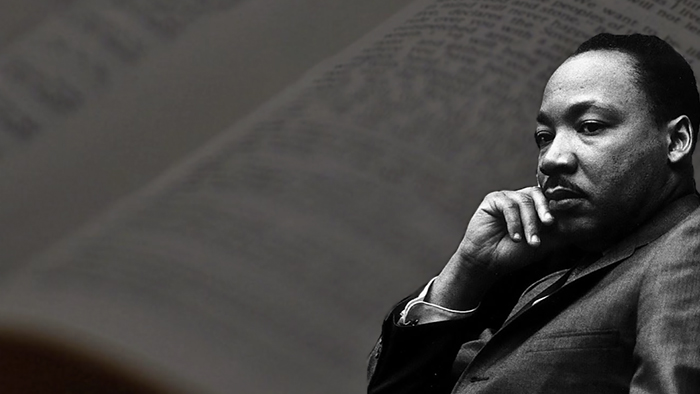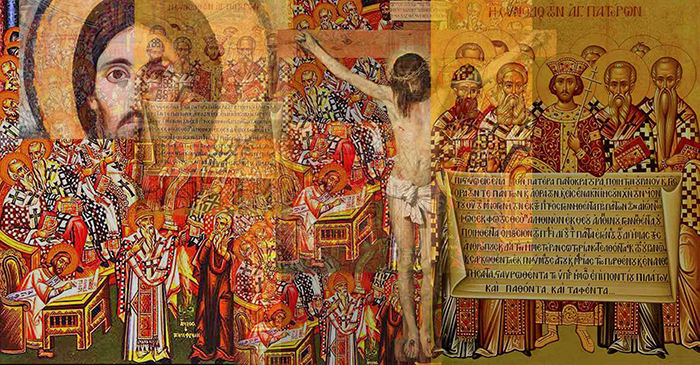
The most important choices in life have consequences. When we choose one path, we refuse another—maybe several others. At the time, we can rationalize: “If this is a mistake, I can always turn back later.” But that rarely happens, as the traveler in Robert Frost’s poem The Road Not Taken knew well: “Yet knowing how way leads on to way, I doubted if I should ever come back.” Scripture often describes life as a choice between two ways. The teaching today by Jesus takes the form of broad and narrow pathways. His use of the broad and narrow paths is a straightforward, black-and-white view of our human conduct that focuses on the outcome of our decisions. Our lives depict the relationship between our choices and the consequences they bring us. We often lie to ourselves by seeing this reasoning as too simplistic. That is usually because of the lens we view life through that only sees things in shades of grey. So we either decide to follow God’s way or our own way, and there is a great difference between the two. One thinks, for example, of the Garden of Eden. Adam and Eve had to decide between the way of obedience and the way of disobedience, symbolized by the Tree of Life and the Tree of the Knowledge of Good and Evil that threatened death. Lest we forget, God did not send his Son into the world to condemn it but so that the world might be saved through him. God gave us the freedom to choose to wear the light of Christ or the shroud of the darkened world. The choice is and always will be ours to make.









